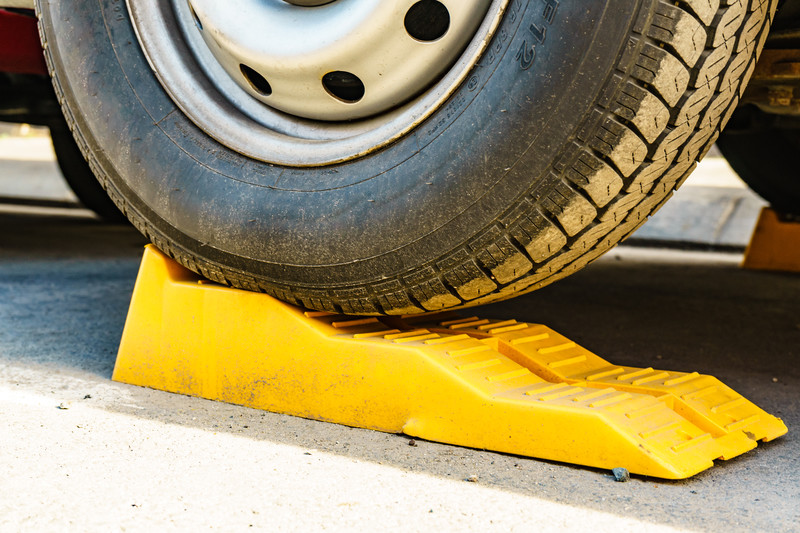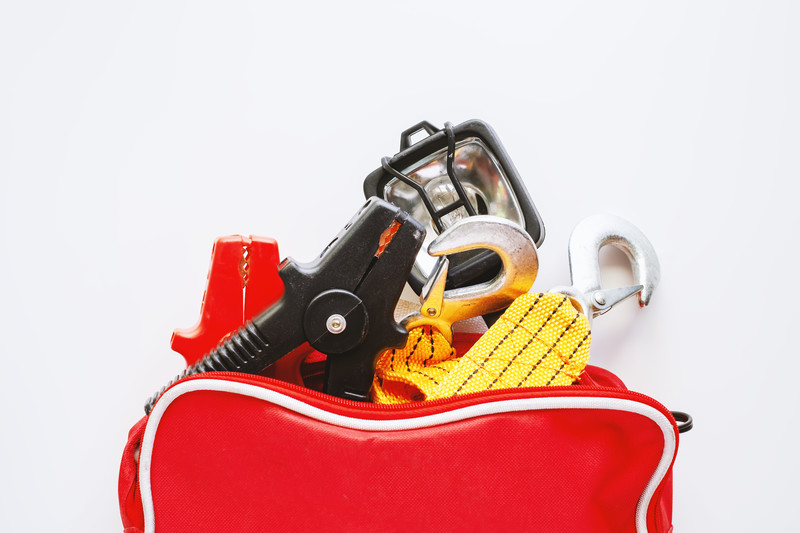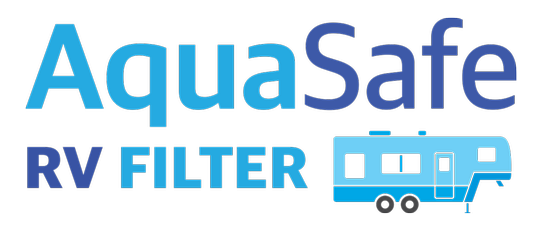RV Essentials – Top 25 Items to Bring on Your RV Vacation
When you take a vacation in an RV, you get the perfect mix of trip flexibility and experiencing the outdoors while enjoying more of the comforts of home. To ensure your trip is a success, you’ll want to have the RV essentials needed to keep everything running smoothly. If you’re an RV owner, investing in the following camper essentials will ensure you’re prepared. If you’re renting an RV, you can still use this campers checklist, so you know what to take and are prepared before heading out.
Whether you’re a first-timer or an experienced RV owner in need of a refresher, this RV essentials checklist will help you prepare for a fun-filled vacation.
RV Essentials for Hookups
One of the benefits of camping in an RV is having access to water, sewage, and electricity at your campsite. If you want to take advantage of these amenities, you’ll need hookups to connect to them.
- Portable surge protector or power management system. This is one of the camper essentials if you plan to use electricity in your RV. Plug this device into the campground’s system, and it will check for errors before you connect to it. Then, if there are problems later on, it works to protect your RV’s electrical system so you don’t risk damage that could require replacement of your RV’s electrical system as a whole.
- Extension cords. You may need an extension cord to connect your RV to the campground’s electrical system. The last thing you want is to get set up at your campsite only to discover you don’t have a long enough cord to reach the outlet. Extra extension cords are also handy if you need to use them inside or outside of the RV for various appliances.
- Freshwater hose. You’ll want to add a freshwater hose to your RV camping checklist if you plan to connect to the campground’s water system. The longer the hose, the better, so you don’t come up short depending on your setup and distance to the water system hookup. Collapsible hoses are a smart investment to save space.
- RV water filter. An RV water filter is one of the must-haves for campers, especially if you hope to drink water from the campsite. You can never be sure what’s going to come out of the campground spigot. An excellent option is the AquaSafe RV filter, which filters out chemicals such as iron, chlorine, sulfur, lead, aluminum, mercury, and pesticides from your water. AquaSafe RV filters improve the taste, smell, and quality of the water coming through. It’s easy to install on your water hose and lasts for up to 10,000 gallons. AquaSafe RV filters are not only good for you but also for your RV. That’s because the filter converts calcium, so it doesn’t cling to surfaces, reducing buildup on your heating elements and preventing spotting after washing surfaces.
- Water pressure regulator. Do you plan to attach your hose and a water filter? If so, you might want to add a water pressure regulator to your RV essentials checklist to ensure the pressure isn’t too hard for your system.
- Sewage hose. If you want to use the restroom or run water into your RV, you’ll need to put a sewage hose on your campers’ checklist. You can’t just allow the water to run out of the holding tank of your RV. So you’ll need a specially designed sewage hose to connect from your RV to the campground’s dumping system. Kits are available that come with adapters, caps, and even support stands to make connecting easy. Also, consider bringing along reusable rubber gloves to wear while emptying your RV’s dumping system.
Camper Essentials for your Setup
At your campsite, no matter the length of your stay, there are some camper essentials you can bring along to make your stay more comfortable, convenient, and fun.

- Leveling blocks. In an ideal world, campsites would have flat, level terrain – unfortunately, that often isn’t the case. Leveling blocks are RV essentials used underneath the tires to account for extra space in uneven areas. They’re particularly helpful if you decide to camp in more natural areas, which are less likely to be level. Keep a leveler set in your RV so you can adapt to any space. Chocks for the tires will also help ensure your RV doesn’t go rolling away and can be used whether or you need to level your RV.
- Doormat or fake turf. Depending on your campsite’s terrain, a doormat or artificial turf area outside the door will help keep everyone from tracking in dirt, sand, and other debris.
- Outdoor furniture. If you’re going to spend time outdoors, camping chairs, a hammock, and a folding table are camper essentials.
- Entertainment. To make the most of your getaway, you might want to bring along an assortment of indoor and outdoor games, electronic devices, DVDs, and more to enjoy during downtime. For an extended trip, consider a mobile hotspot for accessing the internet or a cable to connect your TV at the campground.
- Bedding and towels. These are must-haves for campers. Ideally, you have a set that stays in the RV, so you don’t have to remake beds each time. You’ll want a complete set of pillows, sheets, and comforter for each bed, especially since it can get cold at night. Having a variety of towels can also be useful. So bring along extras unless you have the quick-drying type. Keep a travel laundry bag or two so you can keep all used bedding, towels, and clothes separate for washing when you have a chance or return home.
- Toiletries. A mini set of toiletries on your campers’ checklist is essential. Include all the basics like hand soap and sanitizer, shampoo, conditioner, deodorant, body wash, and lotion to keep in the camper. Make sure to check levels before you head out on your trip.
- Kitchen gear. If you plan to cook or grill on your trip, kitchen gear is one of the must-haves for campers. Camping kitchen gear sets are available with items you can utilize in multiple ways to save on space while still having the RV essentials needed to prepare, cook, and serve meals. Some things to include are: a bottle opener, can opener, cutting board, knives, paper towels, pots and pans, a kettle or coffee maker, spoons, ladles, measuring cups, mixing bowls, cast iron skillet, instant pot, grilling tools, and a small grill in case one isn’t available at your campsite. Also, decide if you’d rather keep disposable dishes and flatware or have a reusable set that stays in your RV for serving meals.
- Cleaning supplies. A set of cleaning supplies that stays in the RV is also among the must-haves for camping since camping can get messy. Add items like cleaning sprays, wipes, rags or paper towels, and even a hand vacuum to your campers checklist.
Other Useful Supplies for your Campers Checklist
When you’re camping out, even in the comfort of an RV, it’s always possible something could go wrong. Add these items to your RV camping checklist, so you’re ready in an emergency.
- Emergency road kit. RVs are motor vehicles, so you should have a car kit for emergencies. Jumper cables, an air compressor for tires, and a tire pressure gauge are among the camper essentials.

- Tool kit. A tool kit can come in handy if you need to repair something that breaks or comes loose in your RV while on your trip.
Also, include:
- Duct tape and electrical tape
- Storage containers and bags
- Flashlights and lamps with extra batteries and bulbs
- An indoor/outdoor thermometer
- A hatchet for cutting firewood with a long neck fire starter and lighters
- Rope
- At least one large tarp
- A shovel
One Final Tip
- The RV camping checklist’s final item is posting your own campers’ checklist where you can see it as a reminder of all the RV essentials to check before you go. The list should include items to grab just before you leave, such as prescriptions and medications, your wallet with driver’s license, camping reservations, pet food and supplies, chargers, toiletries, or bedding supplies you don’t keep in the RV, and anything else you need to remember.
Also, keep a list of things to check in the RV, including gas tank level, cords/hoses, propane levels, and whatever else needs to be working. A helpful trick is to leave a blank space or page with your campers’ checklist where you can write in camper essentials to remember next time as you’re heading out. This might include supplies you forgot, items you need to refill, replace, or repair, or other things or tips you learn from other travelers.
